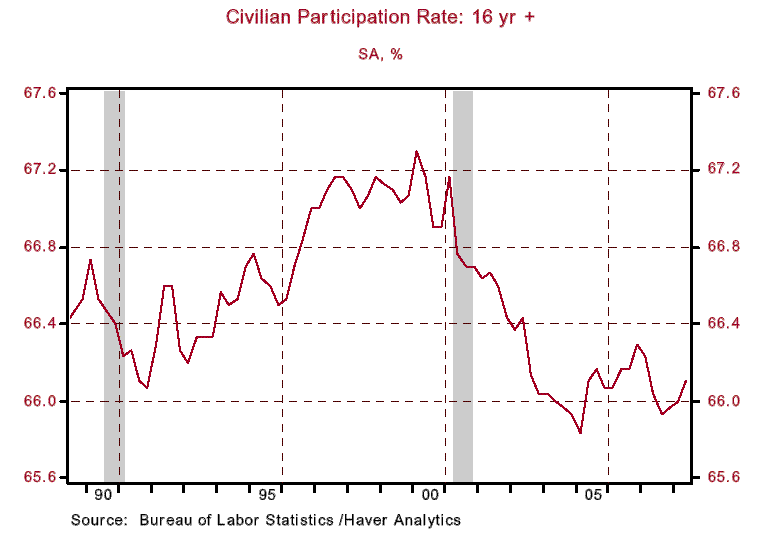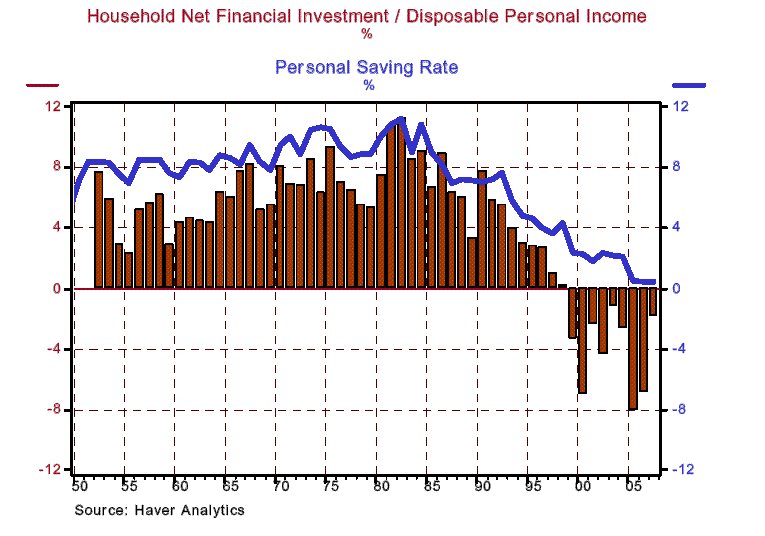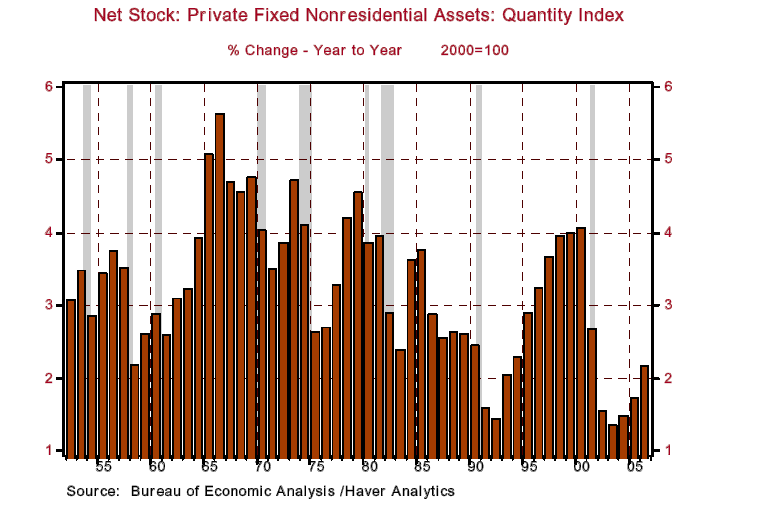Bush Chief Economic Advisor Misleadingly Warns of Obama Recession
Politics / US Politics Jul 30, 2008 - 01:30 AM GMTBy: Paul_L_Kasriel

 In an op-ed piece in today's (July 29) Wall Street Journal , Michael Boskin, the chairman of the Council of Economic Advisers for President George Herbert Walker Bush, writes how Barack Obama's proposed selective tax rate increases will bring on the next recession. To be more accurate, he should have argued how Obama's tax policy might prolong the current recession.
In an op-ed piece in today's (July 29) Wall Street Journal , Michael Boskin, the chairman of the Council of Economic Advisers for President George Herbert Walker Bush, writes how Barack Obama's proposed selective tax rate increases will bring on the next recession. To be more accurate, he should have argued how Obama's tax policy might prolong the current recession.
I am not here to argue for Obama's proposed tax increases. But I am here to argue that Boskin's alleged consequences of Obama's proposed tax increases are not supported by the facts . For example, Boskin argues that Obama's proposed increase in the marginal income tax for upper income households and the removal of the income cap for the Social Security tax will lead to a decline in work incentives. If so, the labor participation rate would be expected to fall.
How does Boskin explain that the decrease in the marginal personal income tax rate put in place by the current Bush administration has coincided with a drop in the labor participation rate and the marginal tax rate increase put in place by the Clinton administration coincided with an increase in the labor participation rate (see Chart 1)? Apparently, the labor participation rate is affected more by other factors than marginal personal income tax rates or Social Security tax incidence.
Chart 1

The tax policy put in place during the current Bush administration would seem to have been extremely favorable to saving and investment. Yet saving and investment has been anemic in the past seven years. Household net financial investment - their net acquisition of financial assets less their net increase in borrowing - dropped into negative territory in 1999 and has remained in negative territory through 2007 (see Chart 2). From 1952 through 1998, household net financial investment had consistently been positive.
Even with the generous tax treatment on capital gains and dividends instituted by the current Bush administration, household net financial investment as a percent of disposable personal income plumbed new lows. The standard measure of the household saving rate plumbed post-World War II lows in the past seven years (see also Chart 2).
Apparently, household saving is affected more by variables other than the tax rates on capital gains and dividends.
Chart 2

What about business fixed investment? How has that fared in the past seven years with the reduction in marginal personal income tax rates and the reduction in tax rates on long-term capital gains and dividends? Uh oh - not so good. The only time in the post-World War II era when the net stock of nonresidential fixed assets grew slower than in recent years is when Mr. Boskin was chairman of the Council of Economic Advisers!
Apparently, real business capital accumulation is affected more by variables other than marginal income tax rates and the tax rates on capital gains and dividends.
Chart 3

If Mr. Boskin does not want to fact-check his hypotheses, that's his business. But don't you think the editors of The Wall Street Journal would want to before publishing them?
By Paul L. Kasriel
The Northern Trust Company
Economic Research Department - Daily Global Commentary
Copyright © 2008 Paul Kasriel
Paul joined the economic research unit of The Northern Trust Company in 1986 as Vice President and Economist, being named Senior Vice President and Director of Economic Research in 2000. His economic and interest rate forecasts are used both internally and by clients. The accuracy of the Economic Research Department's forecasts has consistently been highly-ranked in the Blue Chip survey of about 50 forecasters over the years. To that point, Paul received the prestigious 2006 Lawrence R. Klein Award for having the most accurate economic forecast among the Blue Chip survey participants for the years 2002 through 2005.
The opinions expressed herein are those of the author and do not necessarily represent the views of The Northern Trust Company. The Northern Trust Company does not warrant the accuracy or completeness of information contained herein, such information is subject to change and is not intended to influence your investment decisions.
Paul L. Kasriel Archive |
© 2005-2022 http://www.MarketOracle.co.uk - The Market Oracle is a FREE Daily Financial Markets Analysis & Forecasting online publication.


